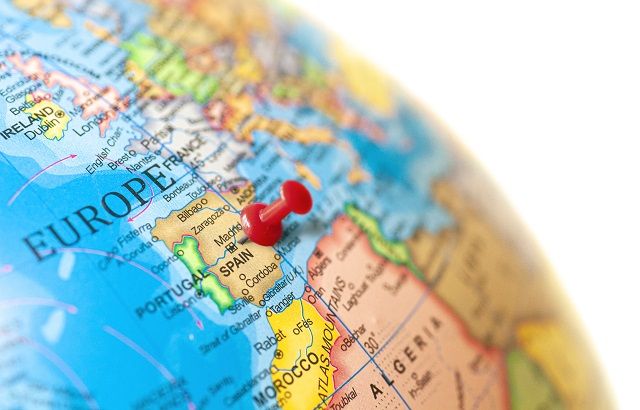Spain’s national debt has skyrocketed in recent months to 118.4% of GDP, according to the International Monetary Fund (IMF)
The data, accessed through the organisation’s Datamapper service, suggests national debt within the country rose from 95.5% in 2019 to 117.1% in 2020 to 118.4% today.
The marks the highest proportion of national debt for the country in at least 40 years, and makes it one of the most-indebted in Europe alongside France, Belgium, the UK, and Greece.
Spain’s rising national debt has followed a trend of gradual increases since 2007, although the latest figures mark a sharp rise.
Writing in November, the IMF laid the blame for the increase on the coronavirus epidemic. In a statement at the time, it said: “The pandemic has taken a significant toll on Spain’s people and economy, following five years of strong growth and job creation. A second wave of infections that started in mid-July has put a lid on the recovery.”
Spain’s economy was particularly hard hit by the pandemic.
Back in April, ratings agency Moody’s predicted that the economic recovery across southern Europe could be hamstrung by raising unemployment.
Contact-intensive industries
The IMF November statement continued: “Despite a sharp rebound in the third quarter, the Spanish economy remains 8.7% below its level a year ago—one of the largest contractions in Europe. The magnitude of the drop reflects the large-scale spreading of infections, which required strict lockdown measures. Structural features that make the Spanish economy vulnerable to disruptions also played a role.
“Contact-intensive service sectors like tourism, which accounts for about 12% of Spain’s economy, were hit especially hard. Small and medium-sized companies, which typically have fewer financial resources and contribute to over 70% of employment, are struggling to stay afloat. The widespread use of temporary employment accounted for most of the job losses.”
Glimmer of positivity
Yet despite the skyrocketing GDP, there is some good news on the horizon. According to Reuters, Spanish prime minister Pedro Sanchez said that economic output rose 18% in Q2 2021, compared with the same period the year before.
The newswire quoted Sanchez speaking to Cadena SER radio, where he is quoted as saying that it was a “budding economic recovery”.
Reuters reported: “The comparison is with a period in which widespread lockdowns to contain the spread of the coronavirus strangled the eurozone’s fourth-largest economy, sending output down 21.6%.”
However, no one is yet out of the woods. A report from Capital Economics, the European Economics Update, said that renewed travel restrictions follow the rise of the Delta variant of the coronavirus, will ‘pour cold water’ on Spanish tourism.
That report states: “The Delta Covid variant has quashed hopes of a ‘normal’ summer tourism season for Spain. As the peak months approach, flights are still down over 50% on 2019 levels.
“Admittedly, the EU’s ‘digital certificate’, which will be available in all member states next week, should give non-essential travel within the bloc a boost; other EU citizens can already visit Spain but numbers have so far been low.”







